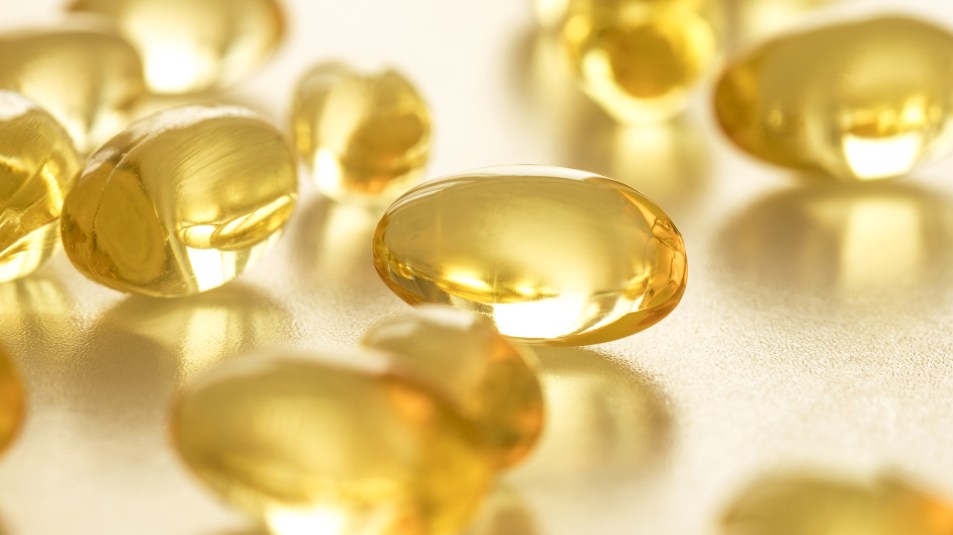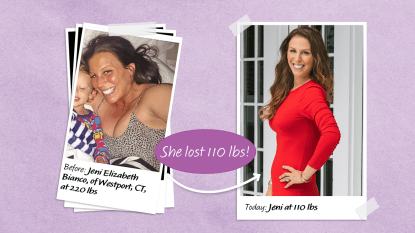Taking Too Much Vitamin A May Trigger Hair Loss + Bone Thinning and Liver Damage

As we get older, many of us are doing our best to eat a healthy diet. Getting the right vitamins and nutrients every day can not only help you feel your best, but also help you live longer. If you’re taking supplements, though, things can get a little tricky. According to health experts, more isn’t always better when it comes to certain nutrients. In fact, taking too much vitamin A has been shown to cause a slew of health problems.
What Is Vitamin A?
Vitamin A is a naturally occurring group of fat-soluble vitamins with antioxidant properties — meaning that they help fight free radical damage to our cells. Most people know vitamin A for its ability to protect and enhance our vision, but it plays a role in so many other bodily functions. Vitamin A is used in reproduction and immune health, and It plays a role in the function of vital organs like the heart, kidneys, and lungs. It also helps us regenerate bodily tissues like our skin and hair.
There are two different types of vitamin A — preformed (also called retinol), which is found in animal products like meat, poultry, eggs, and fish, and provitamin A, which comes from fruits and vegetables. The recommended daily allowance for vitamin A is 700 micrograms (mcg) for adult women, which most people can get from food alone. However, because of its proposed benefits for aging, many older folks resort to taking vitamin A supplements — but health experts say this may be unsafe.
The link between Vitamin A supplements and hair loss
According to the Mayo Clinic, even a single dose of too much vitamin A could have unpleasant side effects. Taking one 200,000-mcg-dose can cause you to experience vertigo or blurry vision. While you’re probably not likely to take that much, they also say that taking even just 3,000 mcg of vitamin A daily (which equates to 10,000 IU — the amount found in the standard supplement) in the long term can lead to problems like headaches, nausea, skin irritation, painful bones and joints, diarrhea, and more seriously, issues like bone thinning, liver damage, coma, and even death. Yikes!
So while vitamin A may help you age gracefully and ward off problems like age-related vision loss and cancer, it’s probably best that you stick to adding more of it into your diet through the foods that you eat — unless, of course, your doctor has advised supplementing. As always, talk to your healthcare providers about any supplements that you’re taking because consuming too much can put your health at risk.













